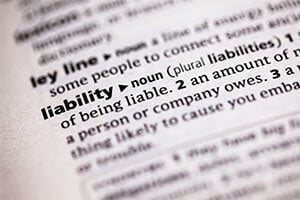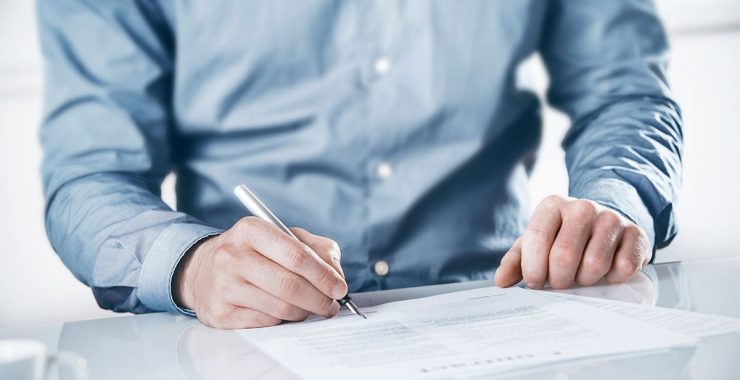Buying A Business
Business Liabilities You’re Responsible For After the Transaction
Purchasing an existing business comes with many perks, but that doesn’t mean there aren’t a few additional risks. One critical aspect to consider is the liability you, as the new business owner, take on after the transaction is complete. Before you meet at the closing table to buy a business, get familiar with business liabilities for which you can be considered responsible.
What Are You Liable for After Buying an Existing Business?
As you evaluate business opportunities, it’s natural to be drawn to the pro side of the list. You’ll want to take a close look at the things you will acquire; balance sheets, other important financial documents, and the customer list, for example. However, it’s important to check for any skeletons in the closet that could become your problem. Failure to do so can leave you on the hook for expenses and liabilities that have carried over.

So, how can you determine if you’ll assume the seller’s liabilities once ownership transfers? The law varies, depending on what state you acquire a small business in and the terms of your agreement. Generally, when your business transaction is structured as an asset sale, you’re provided with more protection, but there are still potential liabilities to be aware of.
Express or Implied Assumption
Asset purchase agreements should outline any express assumption of liability. For maximum protection, this would include verbiage that any debts, liabilities, and claims related to the seller’s operations prior to closing will not transfer to you as the new owner. Implied assumption, on the other hand, can occur based on how your business runs and how that compares to the seller’s existing operations.
Continuation of the Enterprise
Suppose you maintain the overall business operation structure of the business. In this case, you may be viewed as a continuation of the seller’s business in the eyes of the law. As a result, you can assume liabilities.
The more things you carry over from the existing business, the more this risk of being held liable increases. This can include maintaining the same staff, location, domain, vendors, and product line (product liability), continuing to utilize the intellectual property of the purchased business, and referring to your business as the successor of the previous owner’s (successor liability).
Fraudulent Transfer of Assets
Sometimes, it turns out the seller didn’t have the right to transfer assets in the first place. This typically happens when the seller is trying to avoid liability themselves, either by defrauding creditors or disposing of assets that are the target of a pending lawsuit. Responsibility, in this case, will come down to a court’s scrutiny of the specific situation and evidence.
Regulatory & Statutory Exceptions
Last but not least, there are certain situations where you can become liable for state or federal statutes. This can include things such as environmental liability, unpaid sales tax, and employment rights. The liability here varies significantly depending on your state, so it’s best to consult with your attorney.
Liability is one of the many reasons that having a team of professionals is crucial. Before you make a deal, ensure that you understand what assets and liabilities you’re taking on. As you start your search for businesses for sale, consider reaching out to your local Sunbelt office. We’re known as the place to go to buy or sell a business for a reason and are happy to help you find an opportunity that fits your criteria.




